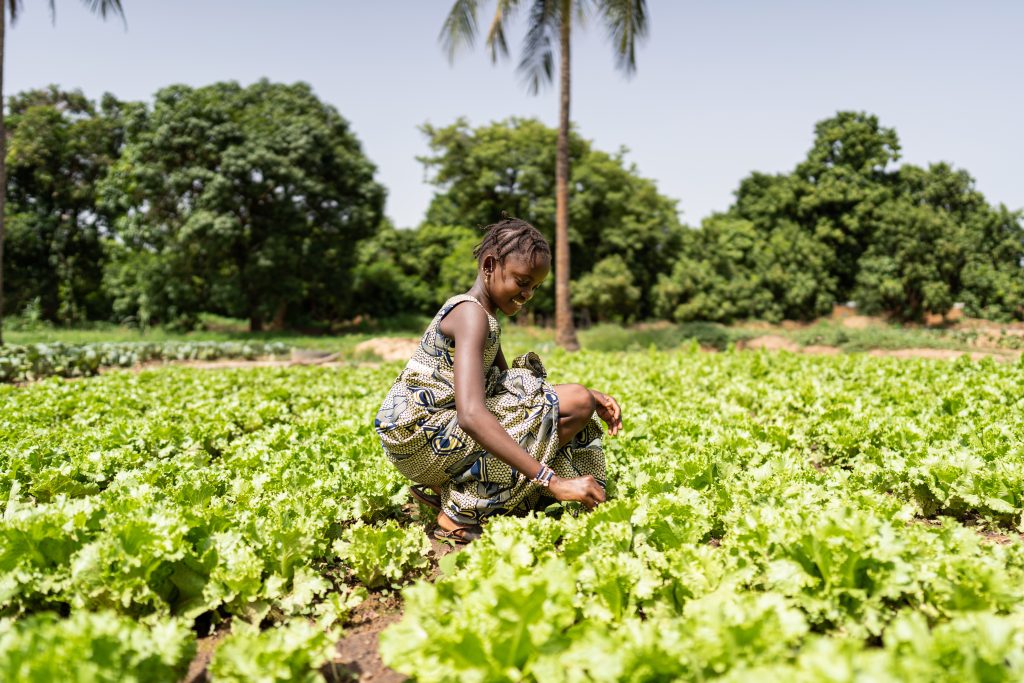Garden Buddies: A Future Generation Project
The Zamani Foundation, known for its commitment to empowering communities and changing lives, is proud to re-introduce its latest initiative: the Garden Buddies project. This innovative program aims to foster intergenerational connections, promote physical activity, and improve interest the environment for school age children through the therapeutic power of gardening.
The Roots of Garden Buddies
Garden Buddies pairs kids with trained volunteers to engage in shared gardening activities, either in community gardens or at the kids’ homes. This program not only helps them stay active and connected but also provides an opportunity for knowledge exchange between generations.

Key Benefits:
- Improved physical health through gardening activities
- Enhanced mental well-being and reduced social isolation
- Opportunities for intergenerational learning and bonding
- Promotion of sustainable and healthy food practices
Growing Need for Support
While the Garden Buddies project has shown promising results, there is a pressing need for additional support and funding to expand its reach and impact. The Zamani Foundation believes in the power of this program to transform lives, one garden at a time.
Areas Requiring Funding:
- Training more volunteer mentors
- Expanding the program to new communities
- Providing gardening supplies and tools
- Developing educational materials and workshops
How You Can Help
The Zamani Foundation is calling on individuals, organizations, and businesses to support the Garden Buddies project. Your contribution can make a significant difference in the lives of the next generation and volunteers alike.
Ways to Contribute:
- Financial donations to support program expansion
- Volunteer as a Garden Buddy mentor
- Donate gardening supplies or equipment
- Spread awareness about the program in your community
Planting Seeds of Change
By supporting the Garden Buddies project, you are not just helping to grow gardens – you are cultivating connections, promoting wellness, and sowing seeds of positive change in communities. The Zamani Foundation envisions a future where every child has access to the benefits of gardening and the joy of intergenerational friendships.
Join us in nurturing this vital program and help create a greener, more connected world for all generations. Together, we can ensure that Garden Buddies continues to flourish and touch more lives across our communities.





